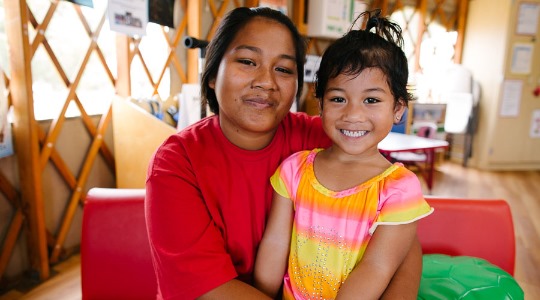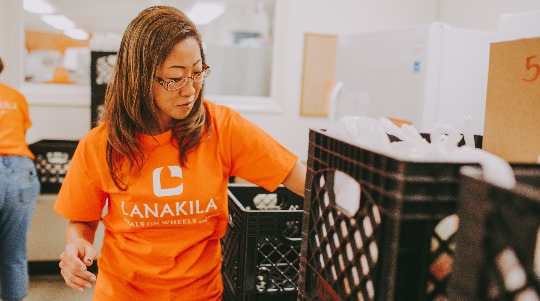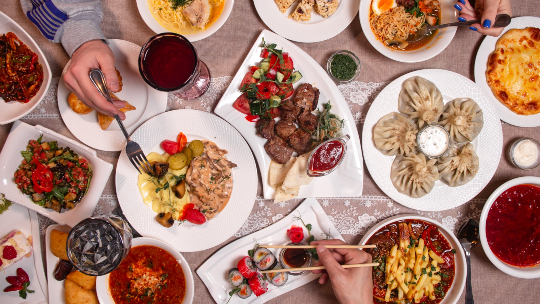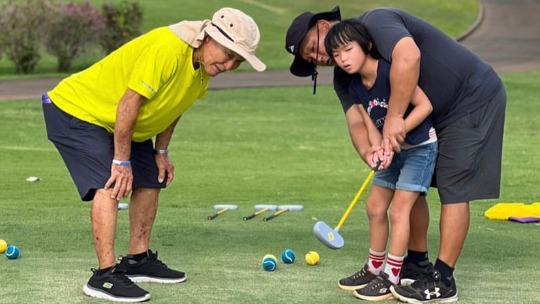A woman in her 70s is living in a rural area on the Big Island when COVID-19 hits Hawaii. She used to have her meals delivered, but everything has changed. She’s living alone with no transportation and no internet. She’s growing more desperate with each day as her groceries dwindle. She calls Aloha United Way’s 211 community resource helpline and the specialist quickly connects her with a meal-delivery service. “It’s just one less thing that she needs to worry about, something that's going to be life-sustaining in a real time of need,” says Lisa Kimura, vice president of community impact at Aloha United Way (AUW).
Situations like these are happening across the state. Aloha United Way has seen a 500% spike in 211 calls as Hawaii residents navigate new struggles. “We’ve seen an increase in calls related to the fallout of COVID,” says Kimura. “For people who have lost their job or have lost a significant source of income, they're now facing the reality of trying to make ends meet without the ability to do it.”

Help with Rent and Utilities
The number-one request from callers is help paying rent and utility bills. That’s why Aloha United Way launched the COVID-19 Rent & Utilities Assistance Program with coordination from Neighbor Island United Ways. This rapid response program provides a total of $1.3 million in donations to support Asset Limited, Income Constrained, Employed (ALICE) residents. Kimura says it’s just one way to alleviate the burden on residents who were already having trouble buying food and paying rent before the pandemic hit.
Residents who don’t qualify for AUW’s program can still call 211 to get connected with others. One program from the Department of Hawaiian Home Lands provides Native Hawaiian residents who are on the homestead waitlist with three month’s rent at a time. Another from the Hawaii HomeOwnership Center has reallocated ALICE funds from their financial literacy program to help tenants pay rent.
Kimura says that although there's a moratorium on evictions right now, she’s concerned that there will be a tidal wave of them once that moratorium is lifted. In response, AUW is matching residents with programs that don’t require an eviction notice like one from Hawaiian Community Assets, which provides low-interest loans for residents who may not qualify for a traditional bank loan.

Help with food
The second most-needed resource in Hawaii is food assistance. Kimura says that many organizations have had to change the way they operate and many new ones have popped up in the wake of COVID-19. AUW is stepping in to connect residents to food and the organizations that provide that food to each other. They’re also using AUW211 to create an ever-growing database of food resources.
Kimura says AUW is grateful for the way community members are helping one another in a difficult time. “The only way we're going to get through this crisis is by helping each other and every little bit counts,” she says. “Share a little aloha with others.”
If you need help paying rent and utility bills or need food assistance, call 211 or visit auw221.org.




